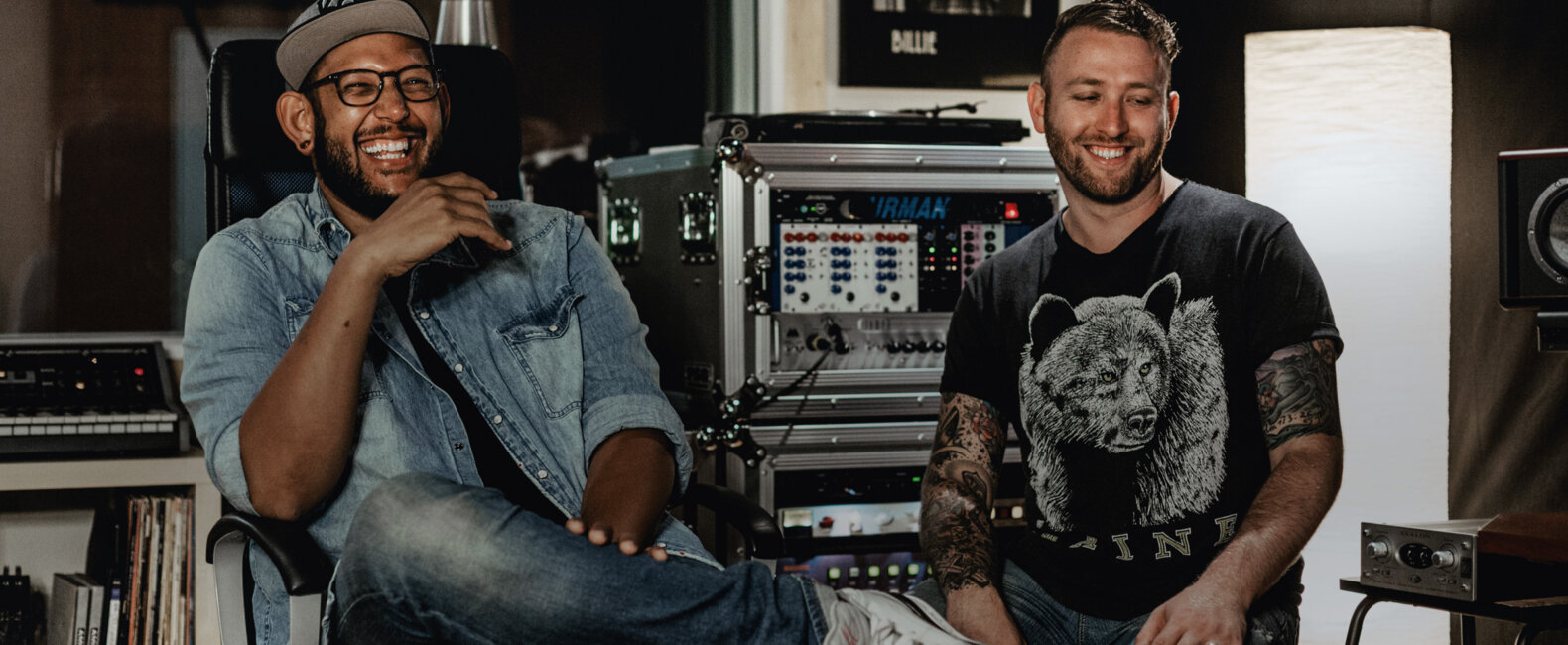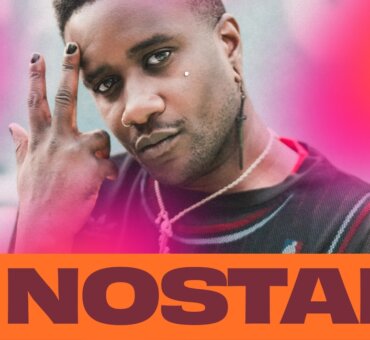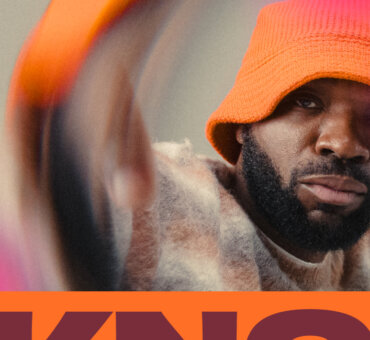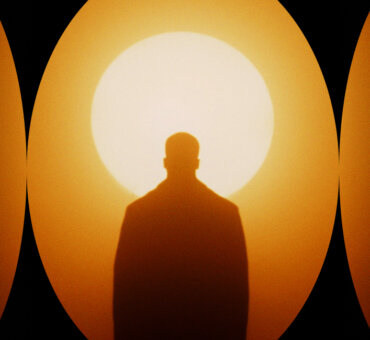Our roster is filled with artists who’ve defined their own place in modern music. With Custom Music, you can now use their talents to build your sound from the ground up with a simple process that’s light on the logistics and heavy on the creative. As part of that process, we’re highlighting our Custom Music Artists’ backgrounds and styles so you can find the perfect composer or producer to create your next soundtrack. Here are visionary producers Zane Callister and Jared Logan (a.k.a UTAH):
If you want to hear Zane Callister and Jared Logan’s influences, just listen to their music. It’s incredibly simple and infinitely effective in the sense that it immerses you in their world. And, on a second listen, inspirations start to come through — diverse ranges of electronic, jazz, experimental, rock, and more. The magic trick they’ve pulled is to take two very different minds and put them together, not just to make something new, but make something that couldn’t exist without this creative reaction.
“The music that we make is just what we do when we get together. There’s stuff that I write by myself, and it’ll sound like me,” Jared said. “Zane will write music about himself and it will sound like him. We’ll work on something together, write a piece, and it sounds like us working together.”
The point Jared is getting at is they don’t just have unique tastes and styles; they have a unique taste and style as a duo. A third party, a separate persona. And that’s rare. Composers and producers tend to be solitary individuals, but Jared and Zane have found success by working together. And, as part of our Custom Music team, they’re bringing this seamless interaction to custom scores as well — with abilities as diverse as their influences.
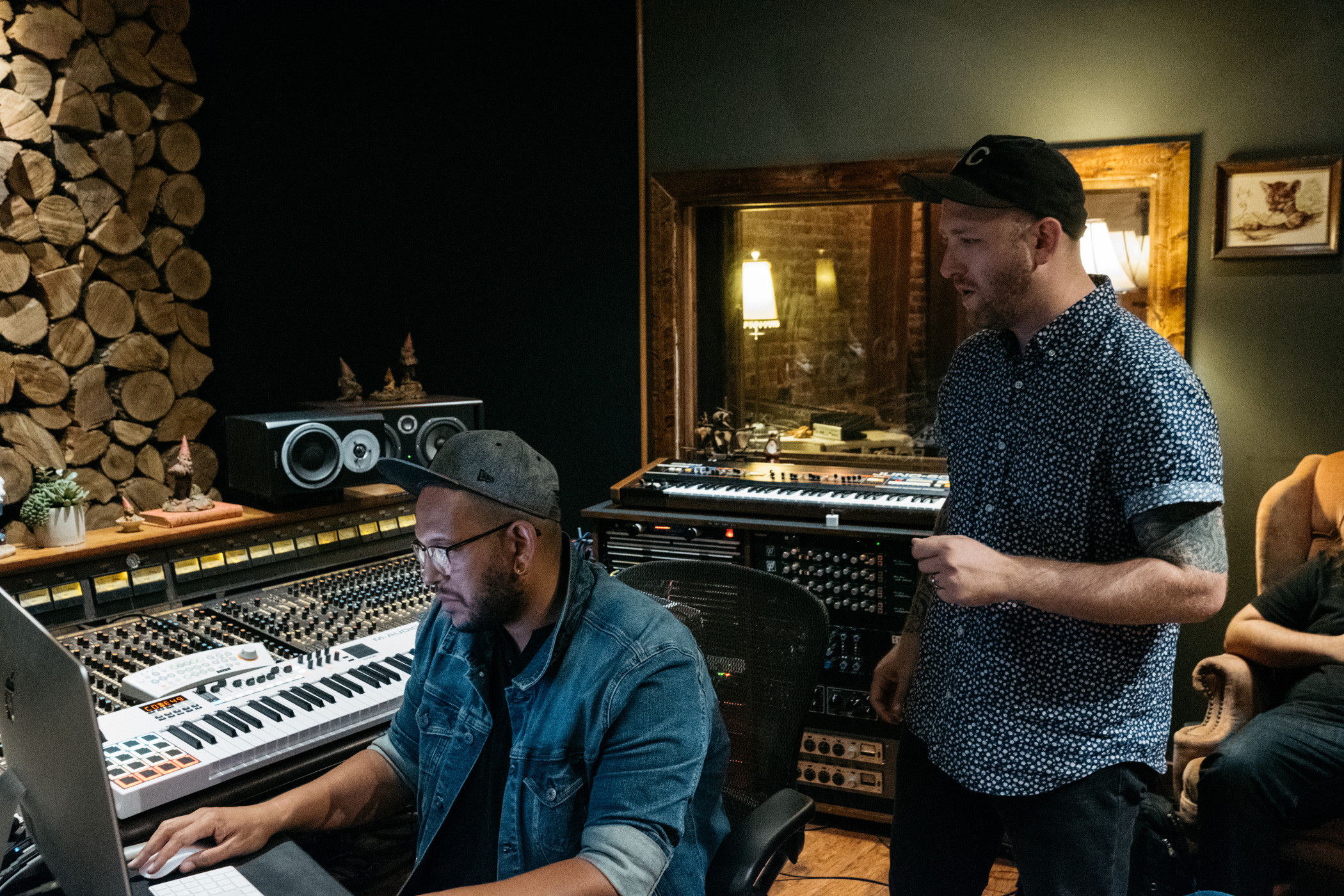
Two Artists, One Language
It’s evident even on our phone call together they can’t help but feed off of each other’s energy. When the two get in a room together, they’re uncontainable. It’s as if they’re building to something, even if they’re not sure where it’ll end. Hearing them interact with each other is like hearing something between rivals, brothers, and creative conspirators riff on each other — always supportive, always competing. It’s obvious they’ve built a verbal shorthand through years of working together. Their studio work is no different.
“On our last EP, there’s this track called ‘Lights Out,’ and Jared knew exactly what he wanted to do with it. It happened so fast,” Zane told us. “He had these drums on it — we program a lot of our drums — but Jared is an obnoxiously good drummer and I wanted him to play on it. I’m probably more of a passive personality, but I think I have good things to say.”
“I’m probably more of a passive personality and I think have good things to say,” Jared interjected, laughing. “Did you hear that?”
“Ok ok, I have good input,” Zane said. “He pulls gold out of everybody he works with, which is nice because I’m never going to be the loudest guy in the room. But this time, I looked at Jared and said, ‘It’s time you played drums on UTAH. So we set up the drums and I remember sitting there, thinking, this is it. It just felt so good. Those are the little moments for us that I remember.”
Our conversation was full of these little moments, microcosms in the bigger picture of their creative work. It’s evident their sound is a product of this. They pointed out singles like “On the Mountain by the Sea” and “SFSG” — two of their most well-received tracks — as moments in the studio where the song just “came out,” a nearly effortless result of putting their heads together. In an industry where the word ‘collaboration’ may be overused, these two encapsulate it authentically, in all of it’s messy, innovative glory. UTAH, their project together, is collaboration, pure and simple. More than that, it’s a culmination of experience, built on years in the music industry; albeit, from different angles.
Parallel Paths
Zane grew up in Salt Lake City, Utah, part of a very traditional music family. His mother was a church pianist and his grandfather was a jazz pianist. While Zane didn’t start playing music until 14, he had the power of music imprinted on him at a young age.
“I specifically remember from a very young age that my grandpa could tell a story with the way he played the piano. It wasn’t like how other people played,” Zane said. “My mom was very proficient, but it wasn’t even the same. She could read the notes on the page, but my grandpa could tell a story with the dynamics and the timing in between notes. Even the way he looked while he was playing, it stuck with me from a very young age. It’s just one of those things that’s burned into my brain.
“Music has always been entertaining to me. We all have fun listening to it. But, when done right, it can have this moving effect and you can feel the difference before and after. It’s kind of like the wind. You can’t see it, but it can pick up a leaf and move it. You definitely can’t see the music, but it can pick you up and send you somewhere else.”
That idea exploded when he picked up his first guitar as a teenager. Admittedly, he didn’t have a broad catalog of songs he could play, but he was always drawn to what he could create with a guitar. The sounds it emitted, the environment it could immerse someone into.
So, that’s what he explored. He bought a karaoke machine and hit record, then eventually stepped it up to a recording console and so on. He went to college for music, dropped out, traveled with different bands, and finished his music degree. When his friends asked him to compose a soundtrack for their wedding film, it all fell into place — and music production was where he landed.
As for Jared, his background runs parallel to Zane’s — same trajectory, different place. His dad handed him drumsticks at age 3, and he honed his rhythms by banging on pots and pans around the house — the beginning of the “obnoxiously good drummer” Zane would see years later. That eventually evolved into him exploring his dad’s vinyl collection, filled with LPs from Jimi Hendrix, War, James Brown, and Marvin Gaye — not to mention the influence from his sister, who brought home De La Soul’s Three Feet High and Rising in 1989.
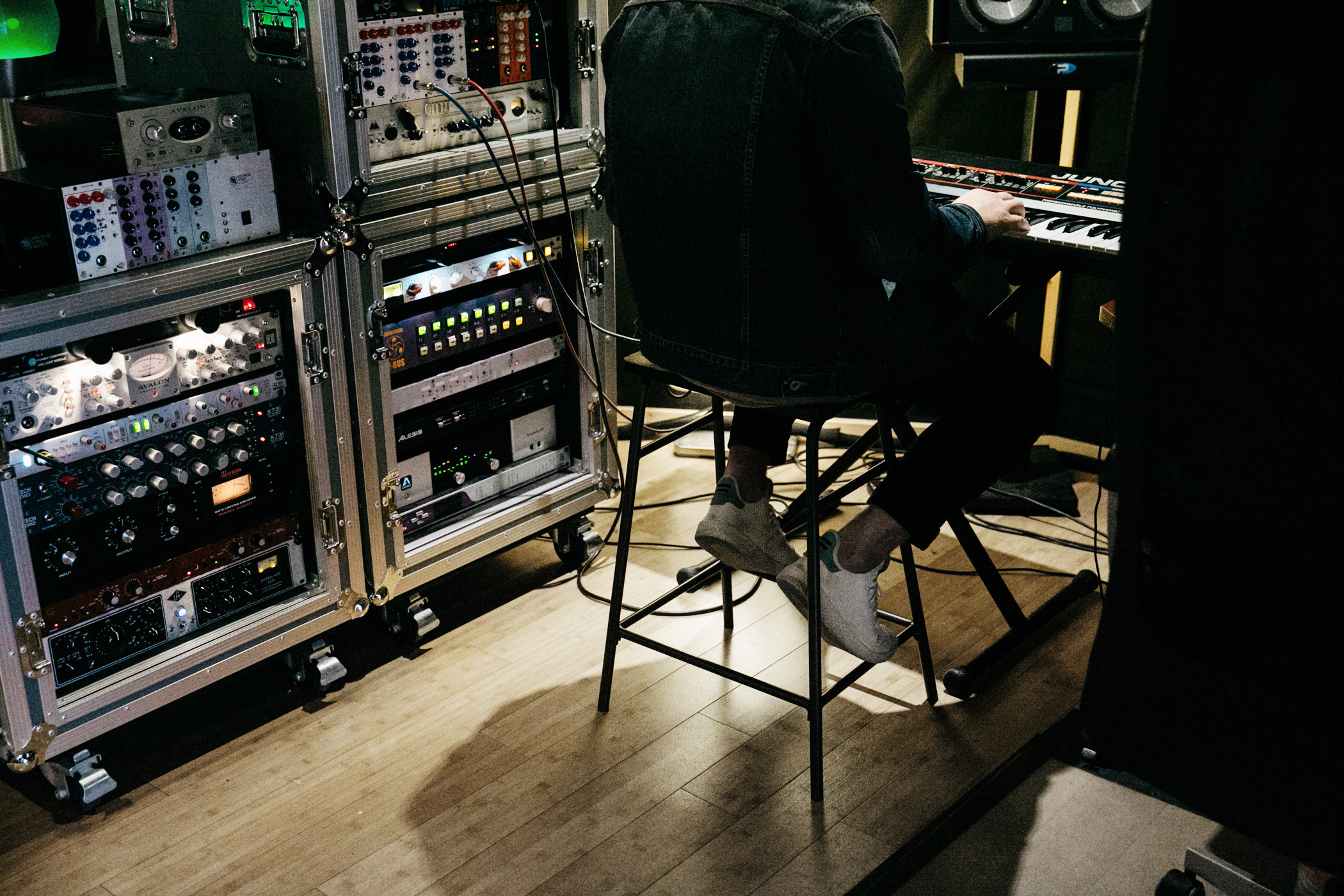
It wasn’t until high school, though, when his love for music production was solidified.
“I switched high schools my sophomore year to a small alternative high school with a really cool music program. My band teacher was the number-one jazz guitar player in the state; he was really good. He had us learn Miles Davis tunes and John Coltrane tunes. He really made us learn it.”
“He built a studio in the band room, which was dope because back then you couldn’t use a laptop. It was actual tape machines, Tuscan VA-88, TAC Scorpion console, and reverb units. One day I convinced him to let me mess with it at lunchtime and he was like, ‘man, you don’t know what you’re doing, you’re going break all my stuff.’ I was like, ‘nah, I know what’s up.’ So, I recorded something, and he heard it and he was like whoa, “Jared! This is cool, man!” Maybe you should do this with your life.”
Focusing primarily on the technical side of the craft had its downsides, though, which is why Jared passed on a full scholarship for music school — he didn’t want to lose the “heart” of music by over-analyzing the nuts and bolts. He started working at a small studio program in Wisconsin and hooked up with hip-hop group Citizen King, wrapping cables and picking up sandwiches for lunch; a humble start, but the seed for something much larger.
A New Sound
Fast forward a few years, past the stints touring with hardcore bands, learning the ins and outs of music production, and Zane eventually found his way to the JTL Group, Jared’s studio space, by invitation from a friend. He saw a banner that said, “Happy Birthday Jared” hanging from the ceiling and later learned that he was the owner. They struck up a conversation and something stuck with Jared about Zane, particularly the fact that he’d found a way to make music his full-time career.
“He was telling me how he made a living doing music, and I’m thinking, okay, not everyone figures that out. Who is this Callister? I like this dude,” Jared said. “He’s cracked the code on his own. You started hanging out, coming around the studio more, and that’s when we started writing together. It was fun.”
“It still is,” Zane replied.
“Yeah, it still is. We just clicked. The way I thought, beat-wise, he dug it. The way he though melodically, I dug it. For me, it may seem like I just want to do the hip-hop thing, and he wants to do more melodic stuff. It’s cool because we can mix together these two things that don’t always get mixed, even lean more into electronic stuff. This is genuinely a collaboration, for real.”

The best part of their collaboration, and maybe the cause for their success, is that their influences don’t get lost in the shuffle. They’re not sacrificing taste to work with another musician. Quite the opposite. They’ve found a way to embrace their influences and use them to their advantage, find that James Brown beat and lean into it. Work in the jazz, let it flow. There’s no formula to their work, just a calculated release of any pre-conceived notions. They still produce music individually and are successful with it. But, with UTAH, there’s something beyond the two of them that comes out in the collaboration — something they can trust to be there, even if they can’t see it.
“We just give each other the space to create without halting the idea if it doesn’t work that second. We just let the process happen,” Zane said. “It’s really beautiful because he’ll come in and I’ll just be hitting the same note, like an envelope filter on a synth, and he’ll just let me go for it. He just knows I’m going to land on something.”
You can use Zane and Jared’s one-of-a-kind collaboration to create your own song or score from scratch with Original Music. We’ve made the process simple — heavy on the creative, light on the logistics — so you can get the perfect sound for your project.















































































